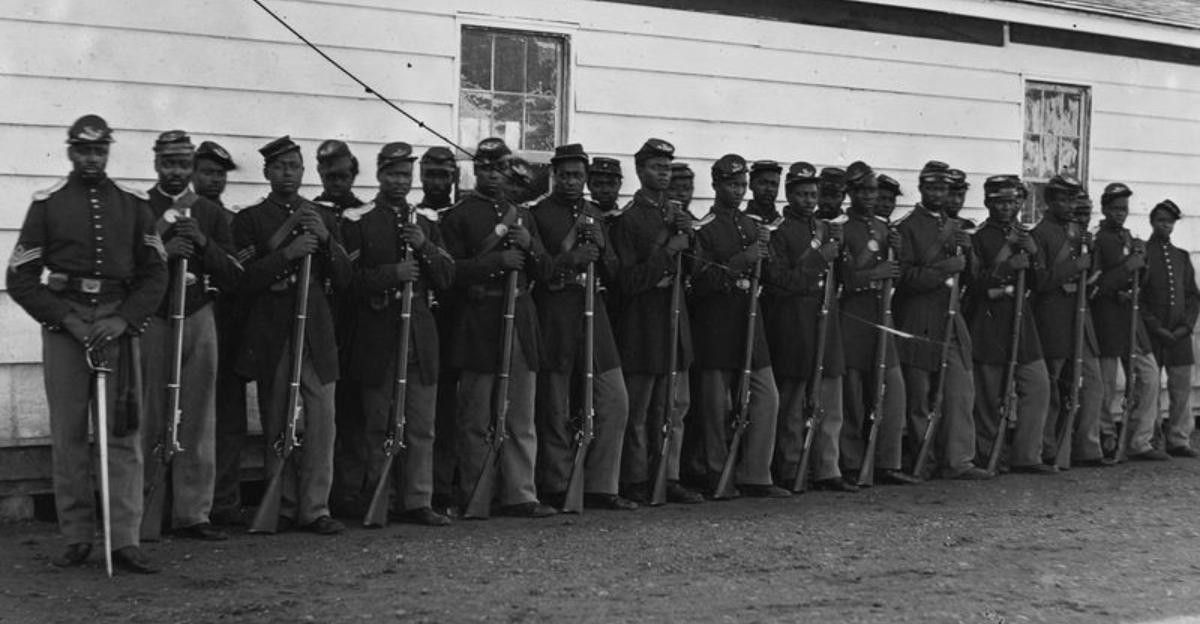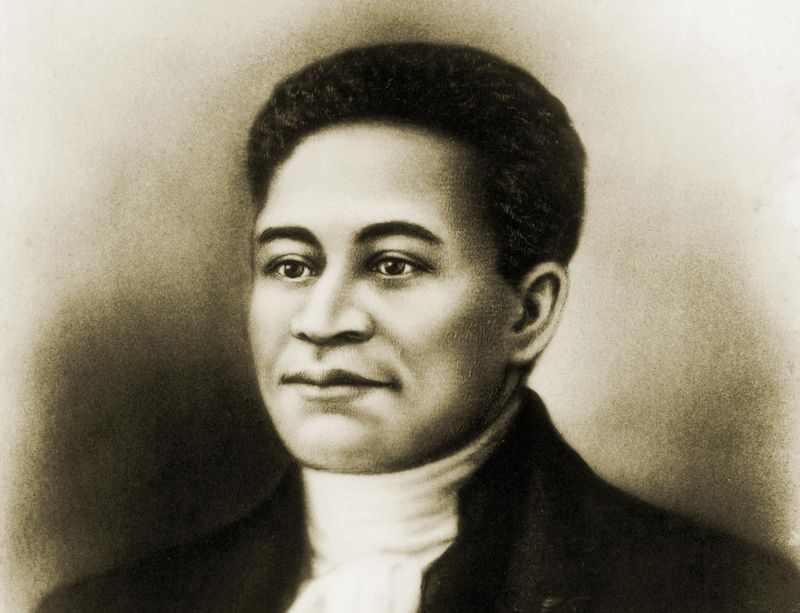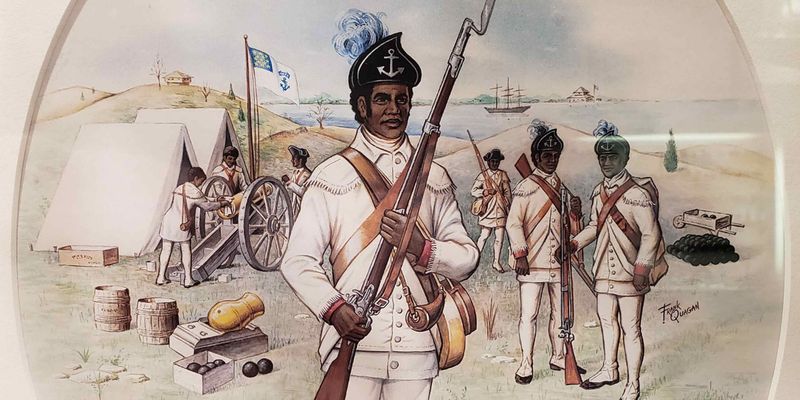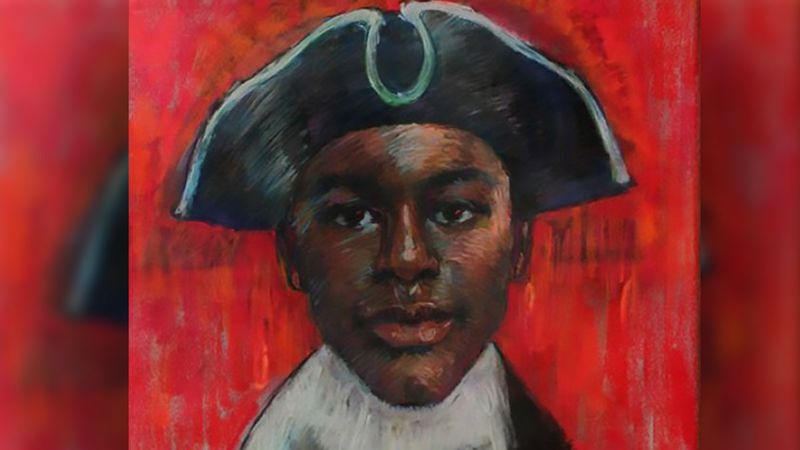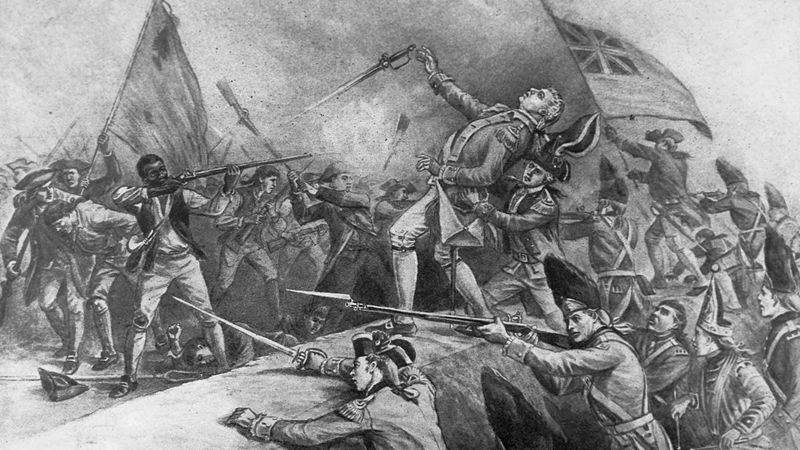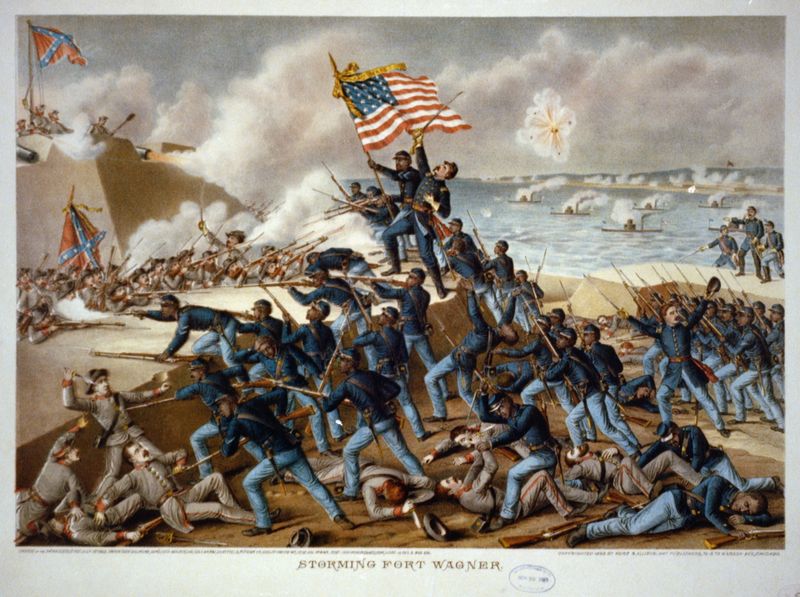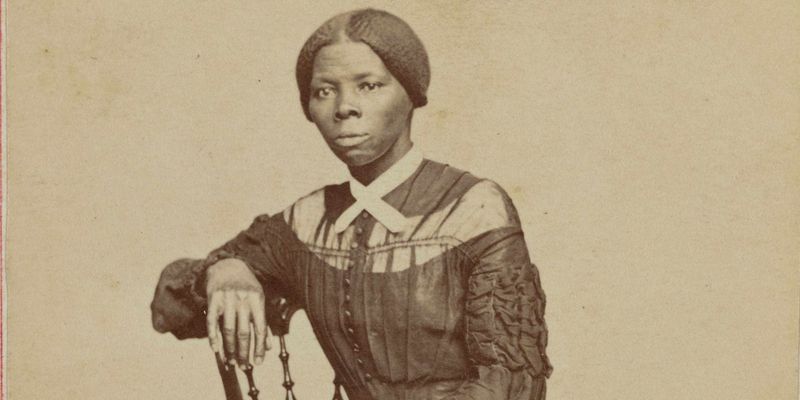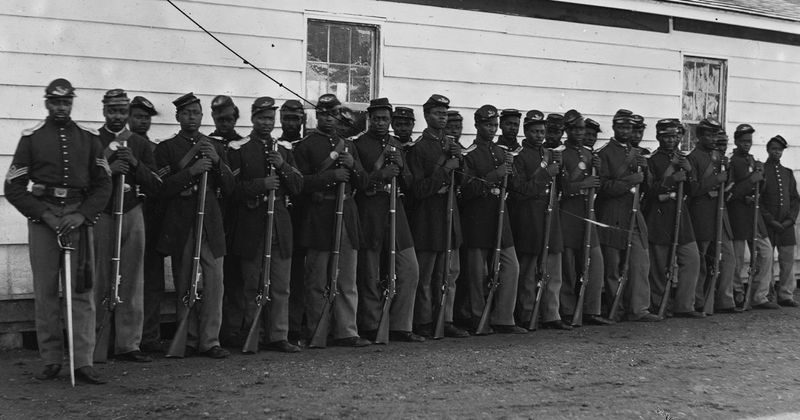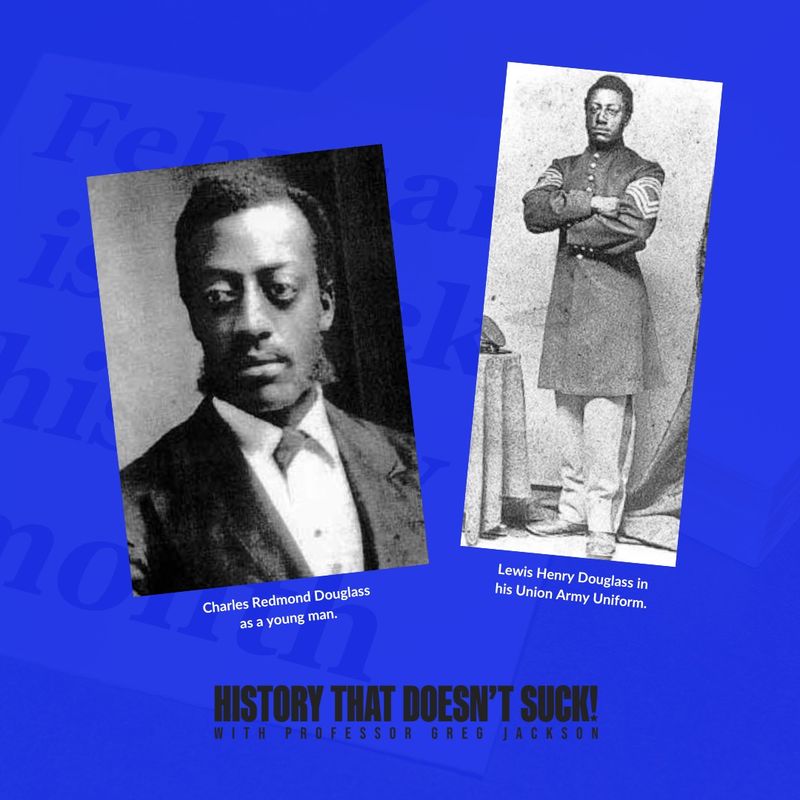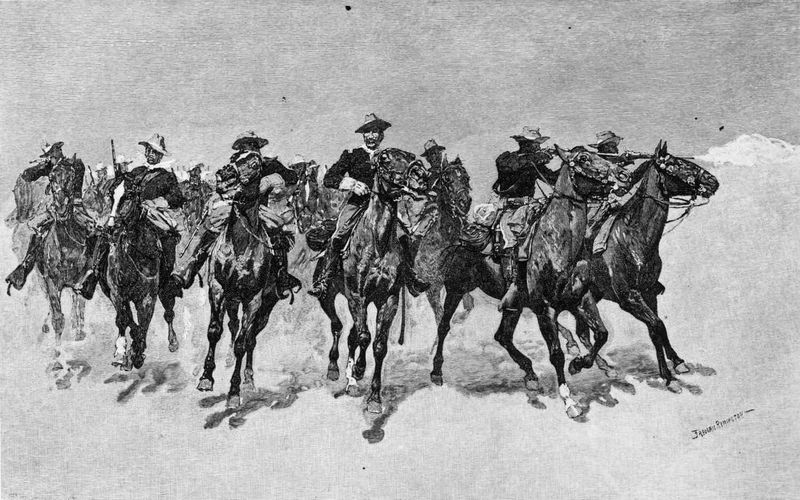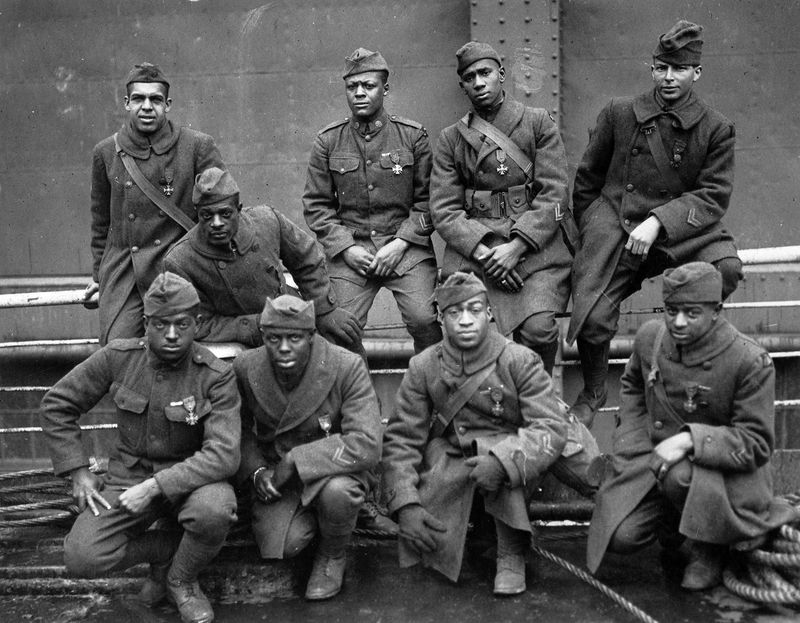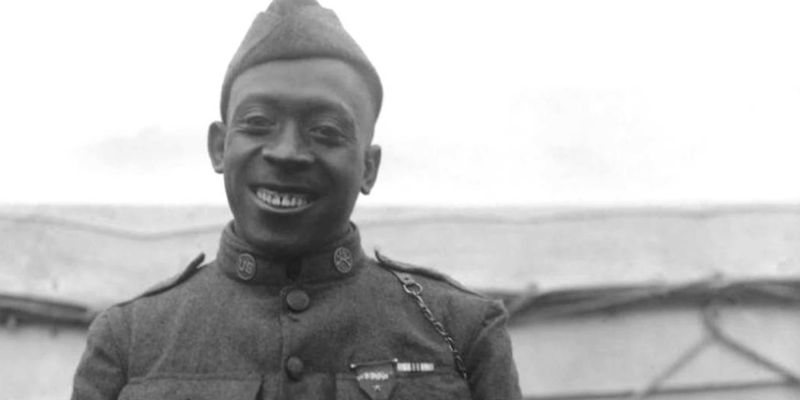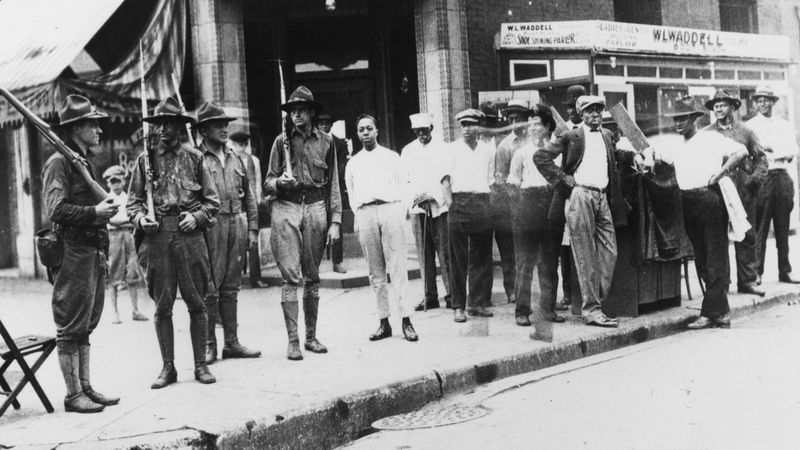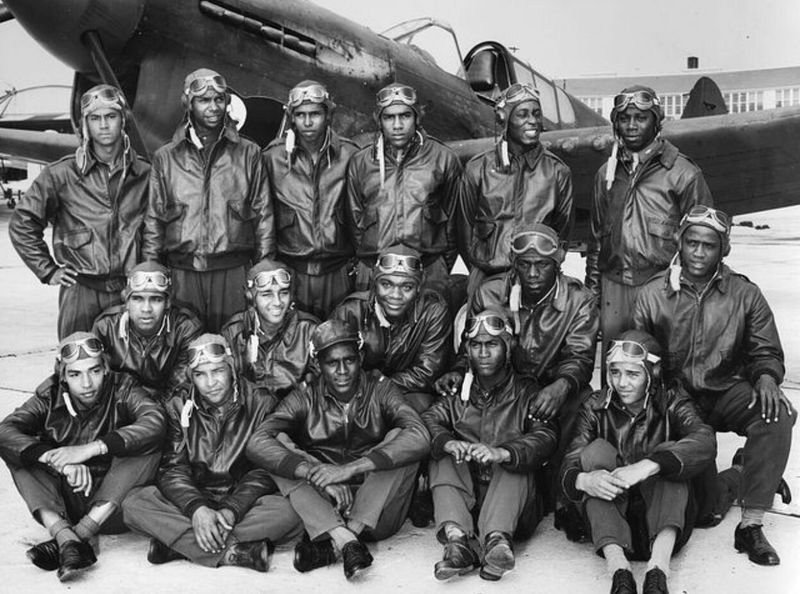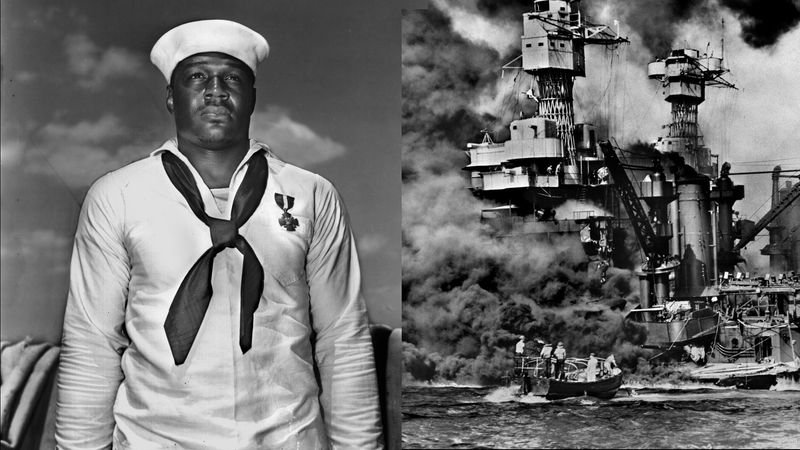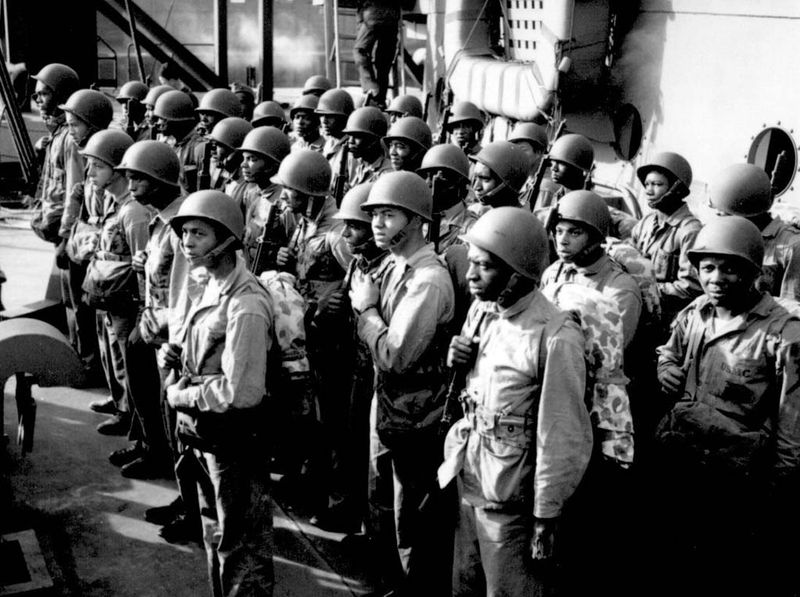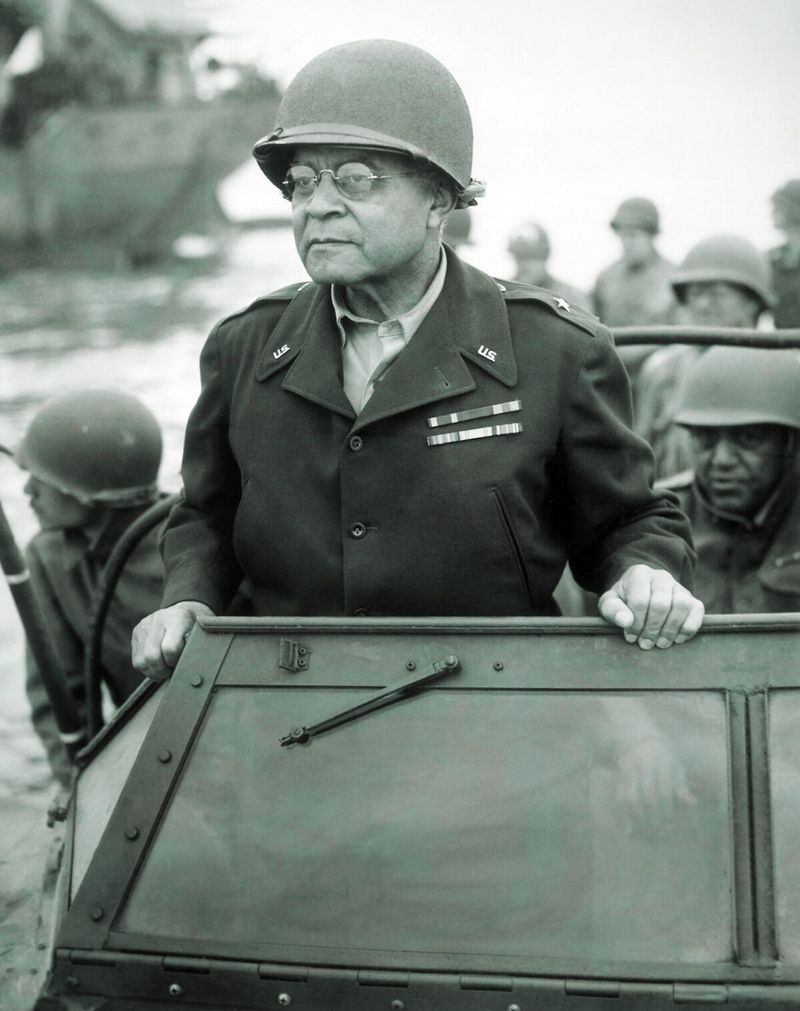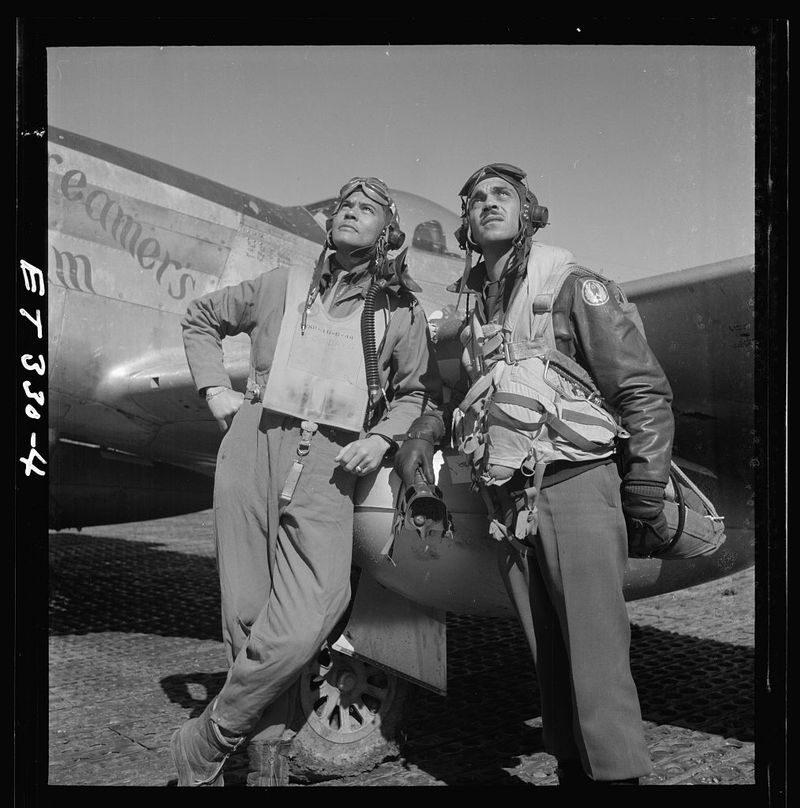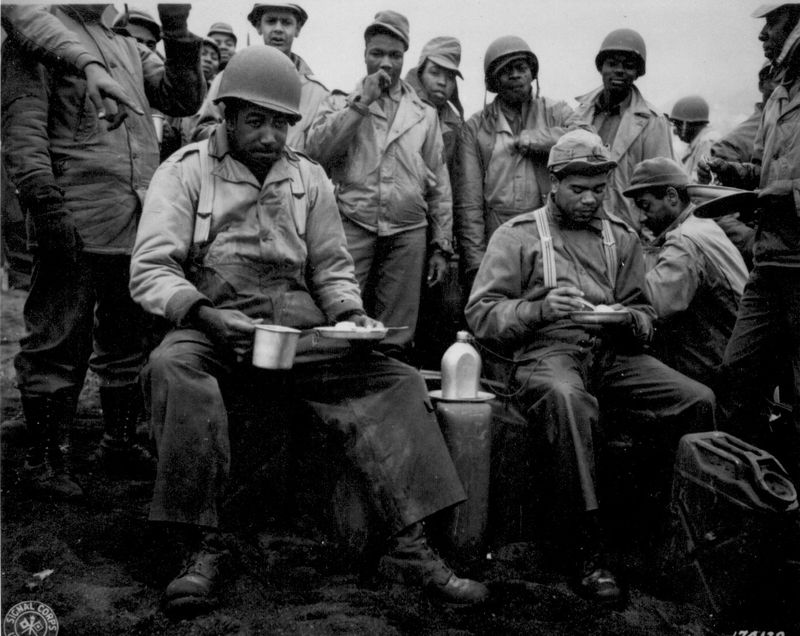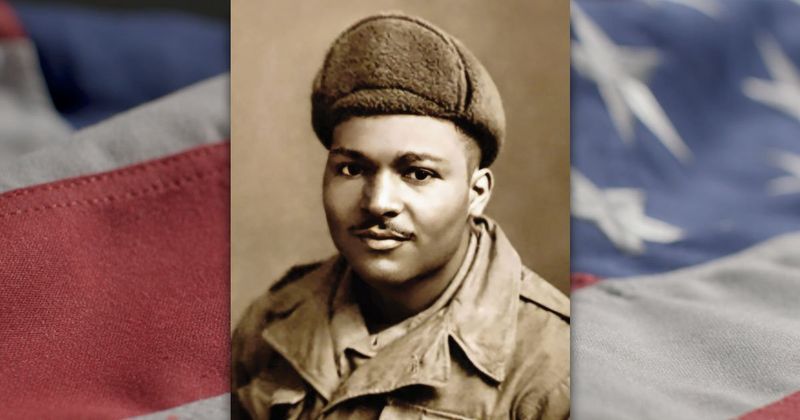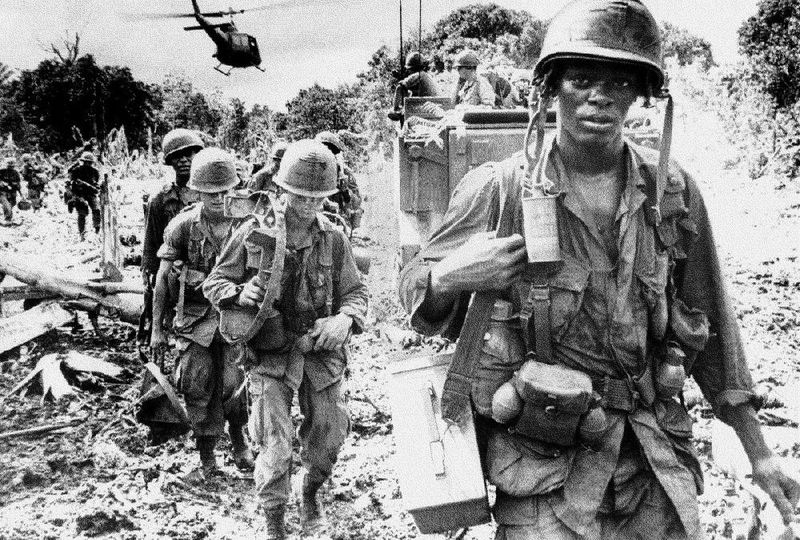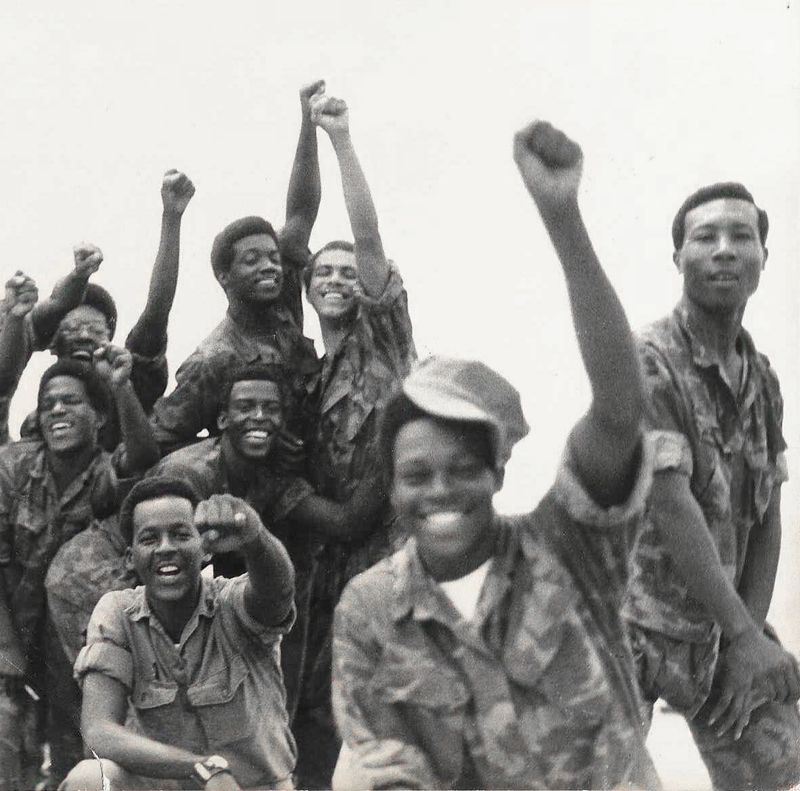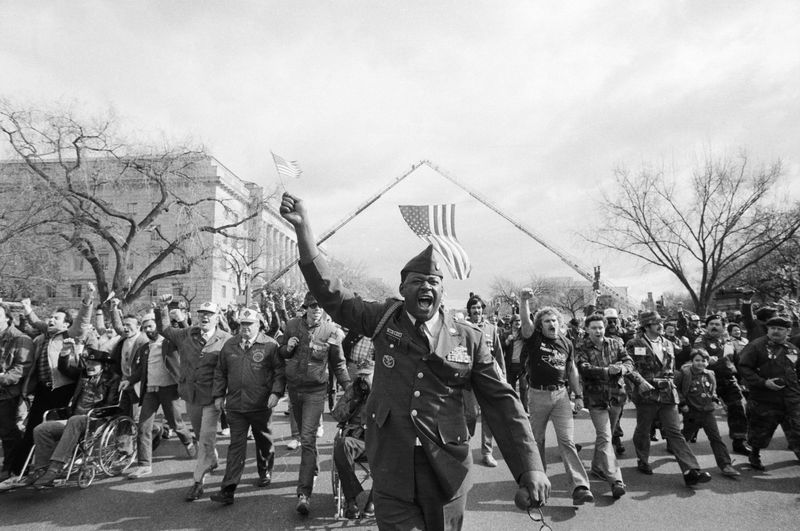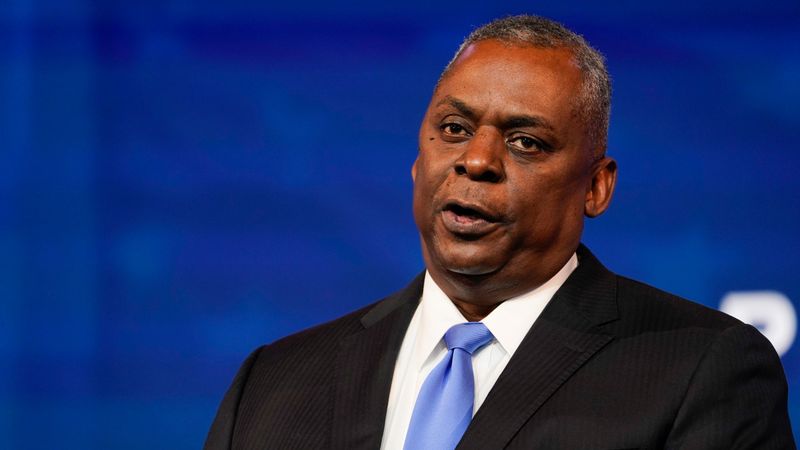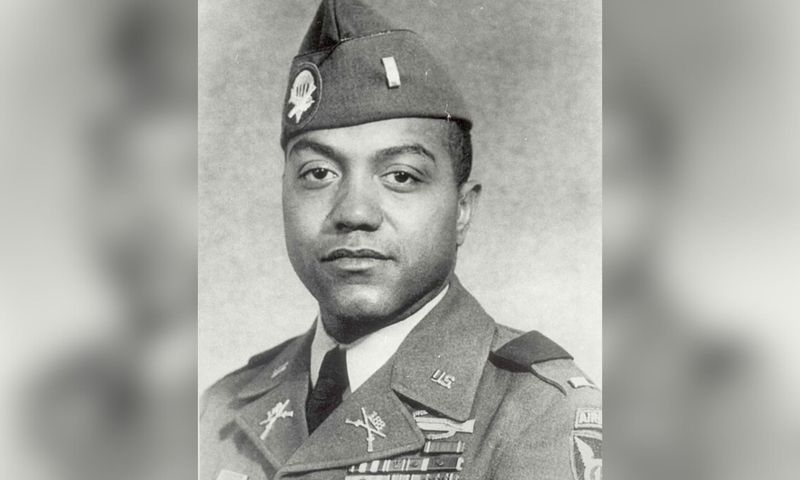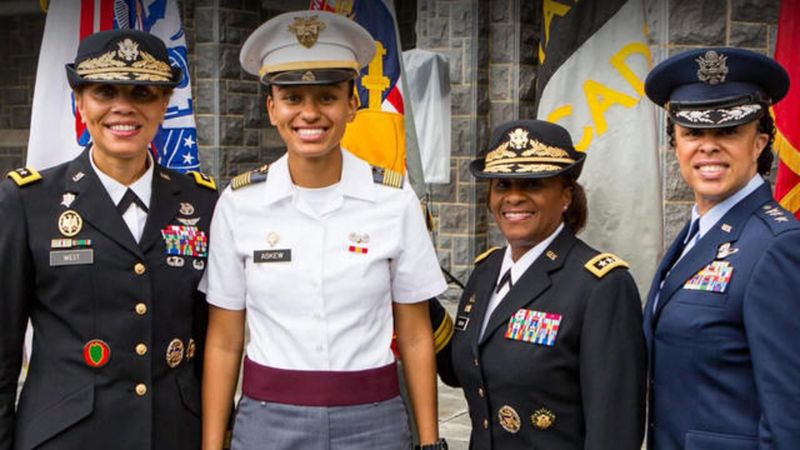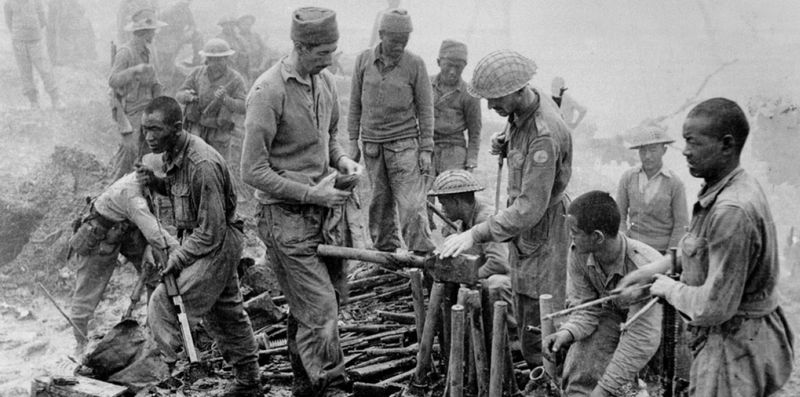Explore the untold stories of Black military heroes who played pivotal roles in shaping history. From the Revolutionary War to modern times, these narratives reflect bravery, resilience, and the fight for equality.
Despite being overlooked in traditional textbooks, these incredible accounts deserve recognition and celebration, shedding light on the sacrifices and contributions of Black soldiers throughout history.
1. Crispus Attucks
Crispus Attucks, a figure of courage and conviction, was the first American to fall in the Boston Massacre, igniting the revolutionary fervor. His legacy symbolizes the struggle for independence and equality. Attucks, of African and Native American descent, became a martyr in 1770, forever etched in history as a catalyst for change and freedom.
2. Black Soldiers in the American Revolution
Over 5,000 Black soldiers served in the American Revolution, fighting on both sides with unmatched valor. These soldiers, though promised freedom, often faced broken promises and continued oppression. Their participation was crucial in shaping the outcome of the war and laid the groundwork for future struggles toward equality and liberty.
3. Peter Salem at Bunker Hill
Peter Salem, once enslaved, stood boldly at the Battle of Bunker Hill, showcasing extraordinary bravery. His actions in 1775 were pivotal, capturing the spirit of defiance and determination. Salem’s legacy as a patriot highlights the significant yet often overlooked role of Black soldiers in the fight for American independence.
4. Freedom Promises in the Revolutionary War
Despite promises of freedom by both the British and American armies, many Black soldiers found themselves ensnared by empty assurances. The Revolutionary War era was fraught with pledges that were rarely honored, highlighting the persistent struggle against racial injustice. This narrative underscores the complex dynamics faced by Black soldiers in pursuit of liberty.
5. 54th Massachusetts Infantry at Fort Wagner
The 54th Massachusetts Infantry’s charge at Fort Wagner in 1863 was a defining moment, proving the valor and skill of Black soldiers. Their bravery in the face of adversity shattered stereotypes and altered perceptions within the military, marking a transformative chapter in the Civil War and American history.
6. Harriet Tubman and the Combahee Raid
Known as the Moses of her people, Harriet Tubman led the Combahee Ferry Raid in 1863, freeing over 700 enslaved individuals. Tubman’s strategic acumen and unwavering courage cemented her legacy as a leader and liberator during the Civil War, showcasing her indomitable spirit and commitment to freedom.
7. Black Union Soldiers in the Civil War
During the Civil War, 180,000 Black men fought for the Union, making up about 10% of its army. Their contribution was vital in securing victory and advancing the cause of freedom. Despite facing discrimination, these soldiers displayed unwavering dedication and bravery, altering the course of the war and history.
8. Frederick Douglass’s Sons in the Union Army
Answering their father’s fervent calls for freedom, Frederick Douglass’s sons joined the Union Army, embodying the fight for equality. Their service highlighted the personal stakes and sacrifices within the Douglass family, reflecting a broader struggle for emancipation and civil rights during the tumultuous Civil War era.
9. Medals of Honor for Black Civil War Soldiers
Twenty-five Black soldiers were awarded Medals of Honor for their valor during the Civil War. These awards, recognizing bravery under fire, served as powerful testimonials to their courage and commitment in battle, challenging the prevailing prejudices of their time and paving the way for future generations.
10. Buffalo Soldiers on the Western Frontier
Created in 1866, Buffalo Soldiers were Black cavalry units tasked with patrolling the western frontier. These soldiers played a crucial role in the expansion and development of the American West, overcoming harsh conditions and prejudice to forge a legacy of resilience and dedication in U.S. military history.
11. Harlem Hellfighters in World War I
The 369th Infantry, known as the Harlem Hellfighters, spent 191 days in combat during World War I, more than any other U.S. unit. Their exceptional bravery and endurance in the trenches highlighted their fighting spirit and challenged racial stereotypes, earning them international acclaim and respect.
12. Henry Johnson’s Heroic Stand
In a solo act of heroism, Henry Johnson of the Harlem Hellfighters fended off a German raid, sustaining numerous injuries. Despite this valorous act, he was denied a Medal of Honor until 2015. Johnson’s courage remains a testament to the indomitable spirit of Black soldiers in the face of adversity.
13. Black Troops Under French Command
Denied combat roles within the U.S. military, Black troops in World War I fought fiercely under French command. Their prowess was recognized with Croix de Guerre medals, showcasing their valor and contributing to pivotal victories, thus highlighting the unjust disparities in their treatment and recognition.
14. Racial Violence and the Red Summer of 1919
The return of Black veterans post-World War I met with racial violence and hostility, sparking the “Red Summer” of 1919. This tumultuous period underscored the persistent racial tensions and the veterans’ continued fight for equality, foreshadowing the broader civil rights struggles to come.
15. Tuskegee Airmen’s Legendary Missions
The Tuskegee Airmen, renowned for their aviation excellence, flew over 15,000 combat missions during World War II. Their exemplary record not only shattered racial barriers but also set a new standard for military aviation, making them legendary figures in both military and civil rights history.
16. Dorie Miller’s Heroism at Pearl Harbor
Amidst chaos at Pearl Harbor, Dorie Miller, a Navy cook, seized an opportunity to man anti-aircraft guns. For his bravery, he was awarded the Navy Cross, marking a significant moment of recognition for Black servicemen and highlighting his exceptional courage under fire.
17. Montford Point Marines’ Historic Legacy
The Montford Point Marines, the first Black U.S. Marines, trained under challenging conditions, breaking racial barriers in the 1940s. Their perseverance and dedication paved the way for desegregation in the Marine Corps, marking a crucial step toward equality and integration within the U.S. Armed Forces.
18. General Benjamin O. Davis Sr.
In 1940, Benjamin O. Davis Sr. became the first Black general in the U.S. Army, a milestone in military history. His leadership and trailblazing career inspired generations of Black soldiers, representing a significant step toward racial equality and advancement in the armed forces.
19. General Benjamin O. Davis Jr. and the Tuskegee Airmen
Following in his father’s footsteps, Benjamin O. Davis Jr. led the renowned Tuskegee Airmen and later became the first Black Air Force general. His leadership and accomplishments set new precedents for racial equality and excellence within the military, broadening opportunities for future Black officers.
20. Black Service Members in World War II
Over 700,000 Black Americans served in World War II, often in segregated support roles. Despite these limitations, their contributions were invaluable, showcasing their capabilities and dedication. This service laid the groundwork for post-war civil rights advancements and the ongoing struggle for military equality.
21. Women’s Army Corps and Black Women’s Service
The Women’s Army Corps (WAC) included hundreds of Black women who served with distinction during World War II. Despite facing discrimination, these women often took on the hardest assignments, demonstrating resilience and commitment, and paving the way for future generations of women in the military.
22. Desegregation and the Korean War
President Truman’s Executive Order 9981 in 1948 ended segregation in the U.S. military, setting a precedent for integration. However, the change was gradual, and racial tensions persisted, especially during the Korean War, where Black troops fought valiantly despite the challenges of desegregation.
23. 24th Infantry Regiment in the Korean War
The 24th Infantry Regiment, an esteemed Black unit, fought courageously during the Korean War. Their service under challenging conditions reflected their determination and resilience, contributing significantly to the war efforts and demonstrating the capabilities of integrated military units.
24. Sergeant Cornelius H. Charlton’s Medal of Honor
In the Korean War, Sergeant Cornelius H. Charlton displayed extraordinary bravery, earning the Medal of Honor. His actions highlighted the courage and sacrifices of Black soldiers in combat, challenging racial stereotypes and inspiring future generations within the military and beyond.
25. Black Soldiers in Early Vietnam War
In the early Vietnam War, Black soldiers formed over 20% of front-line troops, despite being only 11% of the population. Their significant presence underscored ongoing racial imbalances and contributed to military reforms, showcasing their vital role in the conflict and the broader civil rights movement.
26. Racial Tensions and Reforms in Vietnam War
During the Vietnam War, racial tensions within units prompted significant military reforms. These changes aimed at improving integration and equality, reflecting broader social movements and the persistent fight for civil rights within the military. This period marked a turning point in addressing racial discrimination in the armed forces.
27. Black Veterans and the Civil Rights Movement
Returning Black veterans from Vietnam found a nation still divided by racial inequality. Their experiences and leadership became instrumental in the civil rights movement, advocating for equal treatment and opportunities, and highlighting the ongoing struggle for justice and equality in American society.
28. Colin Powell’s Historic Military and Political Career
Colin Powell’s career, from Chairman of the Joint Chiefs of Staff to Secretary of State, epitomized the progress of Black Americans in leadership and governance. His achievements broke racial barriers, inspiring generations and underscoring the potential for change within military and political spheres.
29. General Lloyd Austin’s Leadership
In 2021, General Lloyd Austin became the first Black U.S. Secretary of Defense, a historic milestone. His leadership reflects the ongoing progress toward diversity and inclusion within the highest echelons of the military, inspiring future leaders and shaping defense policies with a commitment to equality.
30. Posthumous Medals of Honor for Black WWII Veterans
In 2022, three Black WWII veterans were posthumously awarded the Medal of Honor, rectifying decades of oversight. This recognition not only honored their sacrifices and bravery but also highlighted the ongoing efforts to address historical injustices and celebrate the contributions of Black soldiers.
31. Lt. Gen. Michael Langley’s Achievement
Lt. Gen. Michael Langley’s promotion as the first Black four-star general in the U.S. Marine Corps in 2022 marked a significant achievement. His career reflects the evolving landscape of military leadership, underscoring a commitment to diversity and excellence within the armed forces.
32. Trailblazing Black Women in Military Leadership
Black women have reached the highest levels in the military, including roles as generals, commanders, and pilots. Their trailblazing achievements exemplify resilience and leadership, challenging stereotypes and fostering a culture of diversity and empowerment within the armed forces.
33. Erasure of Early Black Military Contributions
For decades, the contributions of early Black soldiers were erased or excluded from history books. This erasure highlights the broader struggle for recognition and the importance of preserving these stories through institutions like the National Museum of African American History and Culture.
